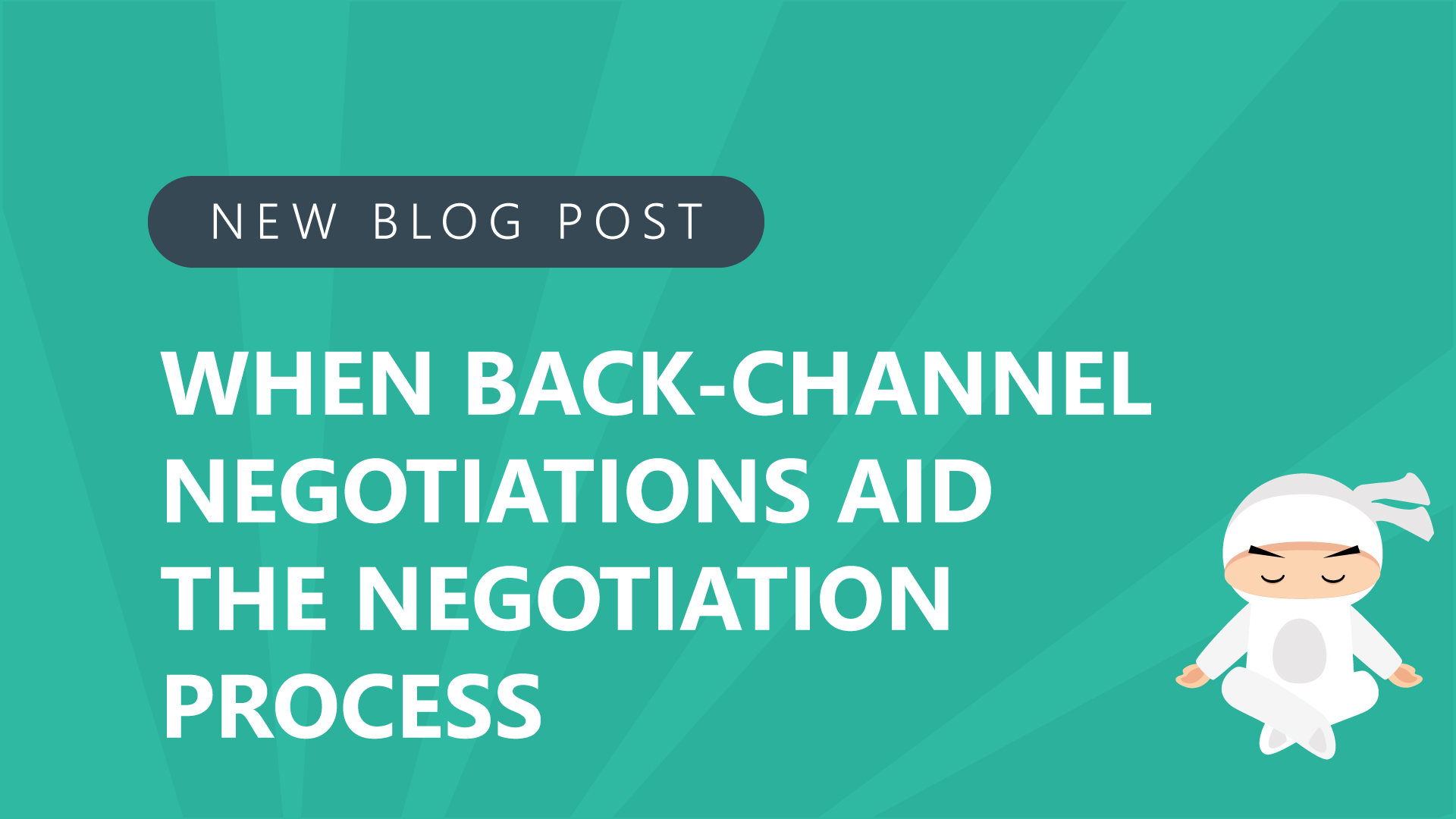When you go somewhere where you don’t have a contextual understanding of the culture or people, it’s challenging, to say the least. That’s why Nokukhanya (Nox) Ntuli believes that a mediator’s strengths have to do with their ability to connect with people.
Of course, Nox contracts with local mediators and interpreters to gain some cultural context. Their expertise complements each other, and they work holistically to resolve the conflict.
Through the process of navigating community negotiations in her role as Head of Dispute Resolution at Compliance Advisor Ombudsman of the World Bank, Nox has learned that there is a human language everyone understands.
The different nuances that you experience because of geographical and racial differences are there—but not insurmountable. Nox emphasizes that if you focus on the human connection, you can transcend those barriers.
Often, back-channel negotiations can be one of those barriers a negotiator has to overcome. But Nox disagrees. She actually encourages back-channel negotiation. Why?
How Nox navigates back-channel negotiations
Nox often finds that influential people in the process aren’t sitting at the table. A lot of the negotiation process happens outside the table. That’s why, before she enters a mediation, she takes time to map out who needs to be informed for information purposes and who needs to be informed to influence the process.
Nox also makes clear that while she isn’t against back-channel negotiation, she needs to know if something is happening outside of their meditation. If some communities are supported by a civil society, they might approach people who they think are influential to approach the mediator.
Using back-channel negotiations to fuel conflict
Nox was handling a case in Uganda that looked like it should be simple: A community was displaced because of a project, and they weren’t compensated according to a settlement plan that was put into place.
But during the process, the lead complainant often pulled away from what the group wanted. Sometimes, he’d excuse himself from the meetings, make a phone call, and come back with a different position.
When you have lunch or a break, Nox tries to engage in small talk with different people. You can tell when people are uncomfortable. She got a sense during this process that people knew something was wrong. It’s through these relationships that people begin to open up.
She soon discovered that someone from a different country was paying the lead complainant to keep fueling the conflict. They had an ongoing legal battle and were trying to create a similar process in this case.
Connecting with people isn’t something you can always do successfully; there’s often a language barrier. Many things are lost in translation. But forming bonds with people is important to understand the back-channel discussions.
Nox covers how she handles complex community negotiations in episode #393 of the Negotiations Ninja podcast. Go listen!

